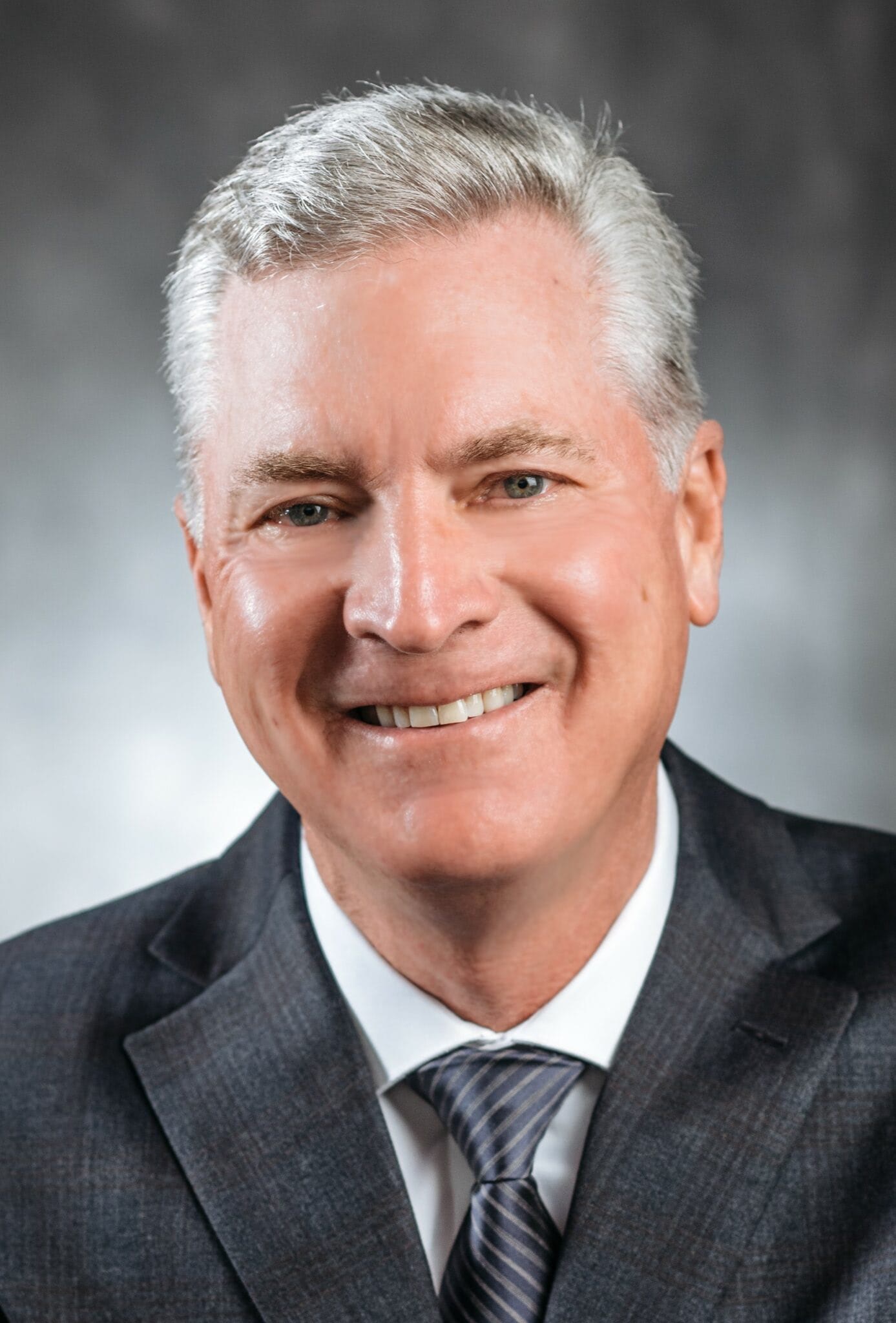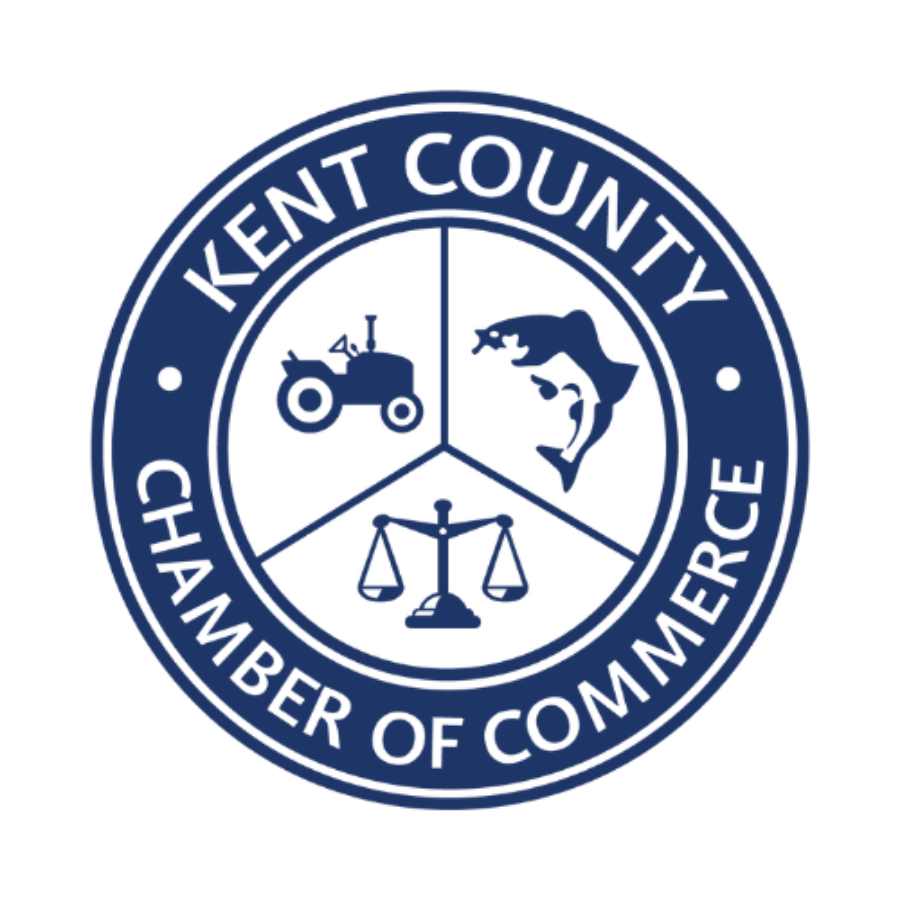Recently, our Director of Operations, Sophie Smith, gave a presentation on thought leadership to the Doctoral Leadership Class at her alma mater, Hood College. Not only is thought leadership an important topic for up-and-coming business professionals, but it’s also important for economic developers. So today, we’re sharing a few key points from Sophie’s presentation.
You may think of thought leaders as subject matter experts within a particular field, but they’re much more than that. Thought leaders drive industry growth, synthesize information in new ways, and set trends.
When a community has robust thought leadership, it is an incredible tool for business attraction and retention. Other businesses in that industry sector want to be near that innovation culture.
As an economic developer, you can nurture business professionals within your community to develop their thought leadership. Or perhaps, as an economic developer yourself, you may want to build your own thought leadership on a particular topic related to your expertise.
Here are a few tips on how to position yourself as a thought leader:
-
Know your life’s mission. A thought leader is dedicated to a particular subject they’re passionate about growing. This is a lifelong commitment to a subject area, so knowing your life’s mission will ensure you’re dedicating yourself to a topic that’s aligned with your personal values and purpose.
-
Have a clear opinion. Thought leaders aren’t afraid to take a stand and perhaps even have a polarizing opinion. While this may turn away some people, it will make others die-hard fans. A clear opinion is necessary for standing out and becoming known for innovative ideas.
-
Come up with 3-4 content pillars within your subject matter area. Within your given thought leadership area, understand your audience, their pain points, and the content pillars that speak to them. For example, if “outdoor recreation economies” is your thought leadership area, your content pillars could be destination marketing, rural town revitalization, tourism, and economic development.
-
Develop a body of work dedicated to your subject matter. Thought leadership requires dedication to developing a lifelong body of work in your subject area. This portfolio of work can include supporting articles, blogs, interviews, authorship, and other media opportunities that demonstrate thought leadership.
-
Collect testimonials and endorsements. Testimonials and endorsements from trusted partners can prove that you’re a subject matter expert and add value to your credentials.
-
Build relationships with local media outlets. Getting local media opportunities is a great way to build credibility and can attract more prominent outlets down the line. Build relationships with local media members by following them and interacting with them on social media. Make sure your pitch to the media is personalized – do your research, know who you’re pitching to, and customize your pitch.
-
Utilize HARO effectively. HARO, or Help A Reporter Out, is a free online database where journalists post requests for subject matter experts. Sign up for their email alerts and respond to aligned opportunities immediately (responding 2 hours after a post is too late). Make sure to include your credentials in the subject line!
These are just a few tips for developing yourself as a thought leader. Thought leadership ultimately requires consistency, passion, and a lifelong commitment to a message and a mission. If you’d like to know more about how you could help develop thought leaders in your community (or develop yourself as a thought leader), send us a message to set up a free 15-minute consultation with us.
‘Til next time,
Sandy








